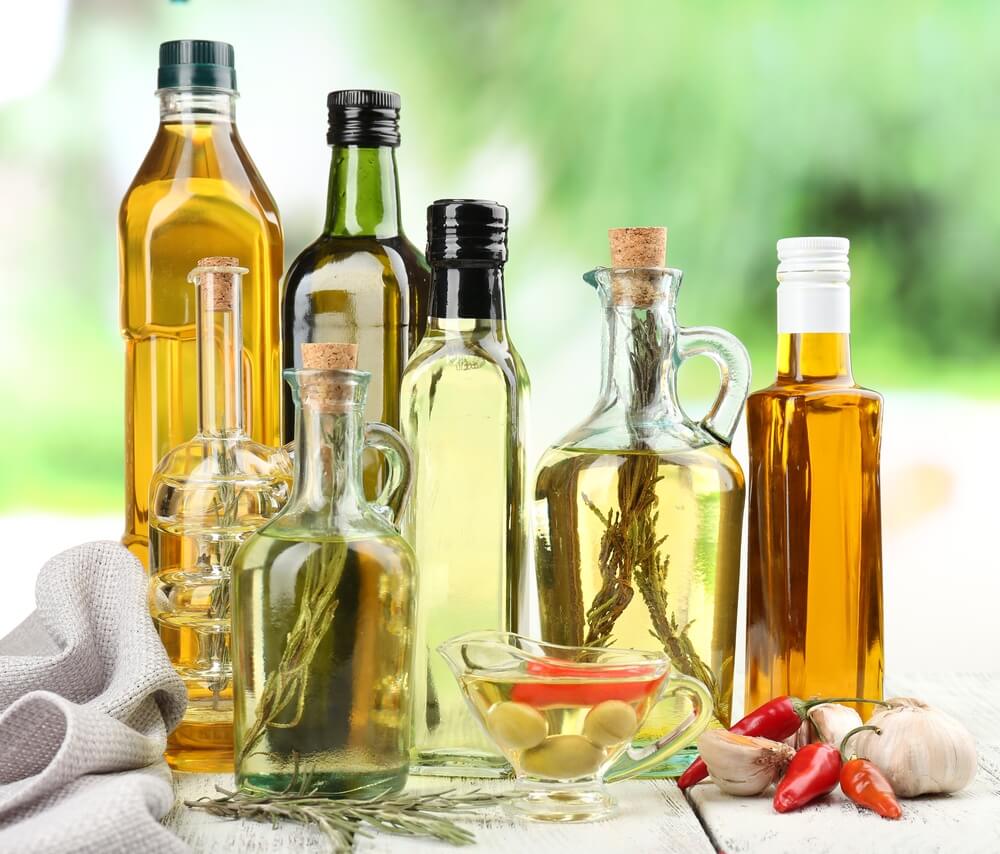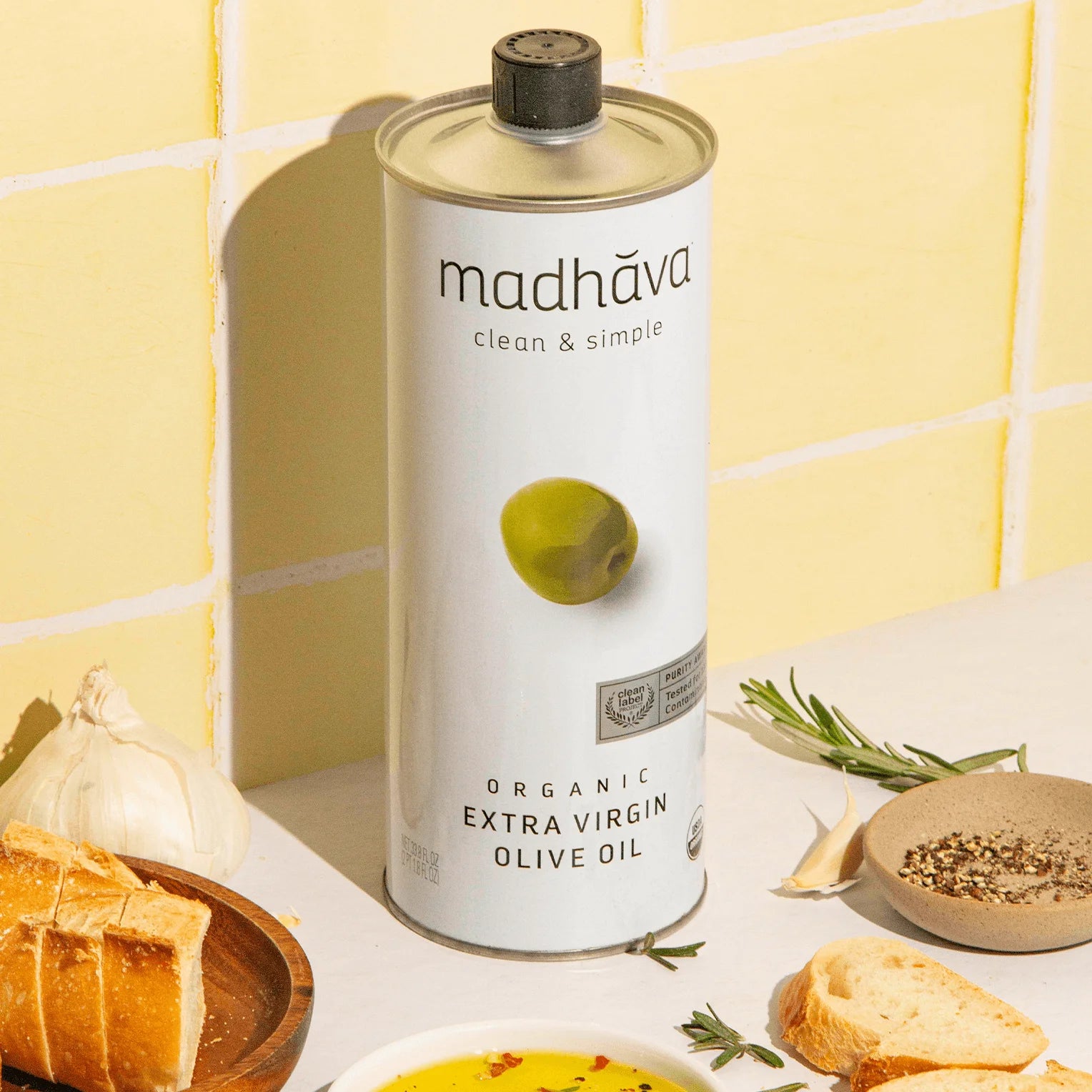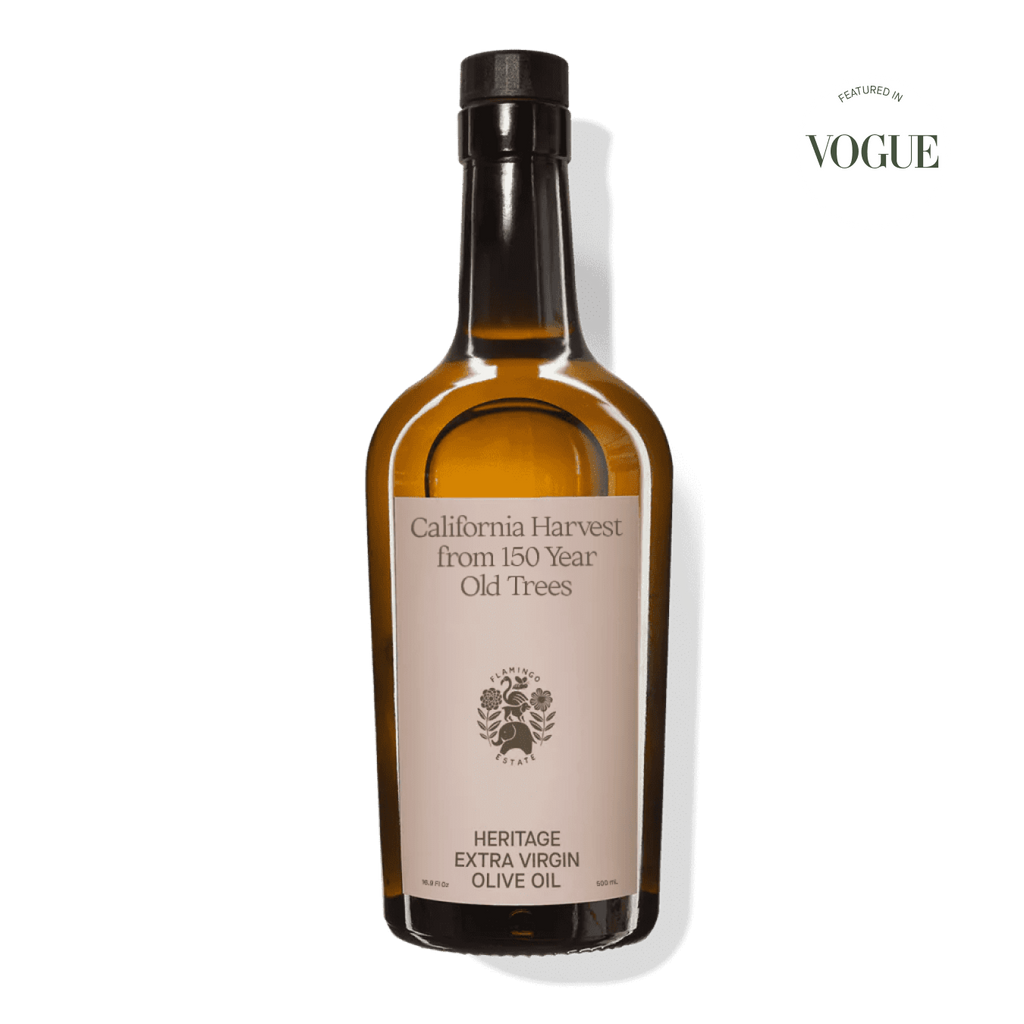Extra Virgin Olive Oil Benefits: How It Helps to Regulate Blood Sugar
Extra Virgin Olive Oil Benefits: How It Helps to Regulate Blood Sugar
Blog Article
Exploring the Various Kinds Of Olive Oil and Their Usages, Consisting Of Bonus Virgin Olive Oil
The expedition of olive oil incorporates a varied variety of types, each offering unique flavors and culinary applications. Additional virgin olive oil, renowned for its remarkable quality and wellness benefits, serves as a staple in numerous kitchen areas, yet it is only one element of this multifaceted component.
What Is Olive Oil?
Stemmed from the fruit of the olive tree, olive oil is a staple in Mediterranean cuisine and a key active ingredient in numerous culinary applications. This versatile oil is generated by pushing entire olives, leading to a fluid that differs in scent, color, and flavor depending on the kind of olives used, the area of growing, and the extraction procedure. Olive oil is predominantly composed of monounsaturated fats, particularly oleic acid, which is known for its potential health and wellness benefits, including anti-inflammatory properties and cardio assistance.
In enhancement to its cooking uses, olive oil has a long history of application in conventional medication and skin care, owing to its abundant antioxidant web content (extra virgin olive oil benefits). The oil is usually utilized in dressings, sauces, and for cooking approaches such as sautéing and roasting. Its unique taste account can enhance the preference of various dishes, making it an essential ingredient for both home cooks and professional chefs
In addition, olive oil is celebrated for its duty in the Mediterranean diet regimen, which is related to numerous wellness advantages. As awareness of these advantages expands, olive oil continues to gain popularity worldwide as an essential element of a healthy way of life.
Sorts Of Olive Oil
Comprehending the various kinds of olive oil is crucial for both health-conscious consumers and culinary lovers. Olive oil is identified largely based upon its extraction approach and high quality, which considerably affects its health and wellness, taste, and scent benefits.

Light olive oil, regardless of its name, refers to a lighter taste and not reduced calories. It is excellent for those seeking an extra subtle preference in marinates and dressings. In addition, there are flavorful olive oils infused with natural herbs, flavors, or citrus, which can improve recipes without the demand for additional spices.
Each type of olive oil serves details culinary purposes, and understanding these distinctions permits customers to make enlightened choices that line up with their cooking styles and health objectives.
Extra Virgin Olive Oil
Extra virgin olive oil (EVOO) is extensively considered the best quality olive oil readily available, celebrated for its abundant taste and various health advantages. To be categorized as added virgin, the oil needs to be generated from fresh olives utilizing mechanical processes, without the use of solvents or too much heat. This thorough approach protects the oil's natural flavors, antioxidants, and healthy fats, leading to a product with a reduced acidity degree of less than 0.8%.
EVOO is bountiful in monounsaturated fats, particularly oleic acid, which is connected to lowered inflammation and enhanced heart health. It also consists of polyphenols, powerful anti-oxidants that might provide safety results against chronic illness. The taste account of EVOO click can vary substantially depending on the olive variety and region of manufacturing, varying from verdant and fruity to robust and peppery.

Culinary Uses of Olive Oil

In cooking, olive oil can be made use of for sautéing, toasting, and grilling, giving a healthier choice to butter or various other fats. Its high smoke point makes it suitable for numerous cooking methods, while its anti-oxidants add to a heart-healthy diet regimen. Sprinkling olive oil over finished meals, such as pasta, fish, or barbequed veggies, can raise tastes and add a touch of sophistication.
Furthermore, olive oil plays a substantial role in cooking, where it can change typical fats in dishes click to read more for bread and breads, giving moisture and a refined preference. It likewise serves as a base for instilled oils, allowing cooks to trying out flavors such as garlic, natural herbs, or chili, further expanding its culinary capacity. Generally, olive oil's versatility makes it indispensable in both home description and specialist kitchen areas.
Picking Top Quality Olive Oil
When selecting top quality olive oil, it's important to think about several vital factors that affect the item's health and wellness, flavor, and fragrance advantages. Most importantly, go with extra virgin olive oil (EVOO), which is stemmed from the first cold pushing of olives and includes the highest degree of antioxidants and beneficial compounds. Try to find oils that are certified by acknowledged companies, as this usually ensures adherence to strict high quality criteria.
The product packaging additionally plays a considerable duty in protecting the oil's honesty. Choose oils saved in dark glass bottles or tins to safeguard versus light degradation. Take notice of the harvest date; fresher oils use exceptional flavor and dietary value, so choose items that are within 18 months of their harvest.
Be conscious of the preference; a good high quality olive oil ought to have a balance of fruity, bitter, and peppery notes, indicating its splendor and intricacy. By examining these aspects, you can ensure you are selecting the ideal olive oil for your culinary needs.
Verdict
In summary, the expedition of various types of olive oil exposes distinctive qualities and applications, with added virgin olive oil representing the peak of quality due to its reduced level of acidity and high antioxidant material. Recognizing the different ranges of olive oil permits for informed selections in cooking techniques, advertising much healthier methods while improving the overall gastronomic experience.
Derived from the fruit of the olive tree, olive oil is a staple in Mediterranean food and a vital component in different cooking applications.The most common types of olive oil consist of improved olive oil, pure olive oil, and light olive oil.Extra virgin olive oil (EVOO) is commonly related to as the highest possible quality olive oil offered, popular for its abundant flavor and various health and wellness advantages. Opt for extra virgin olive oil (EVOO), which is obtained from the very first cool pushing of olives and contains the highest levels of antioxidants and helpful substances.In recap, the expedition of numerous types of olive oil reveals distinct qualities and applications, with additional virgin olive oil representing the pinnacle of high quality due to its low level of acidity and high antioxidant material.
Report this page